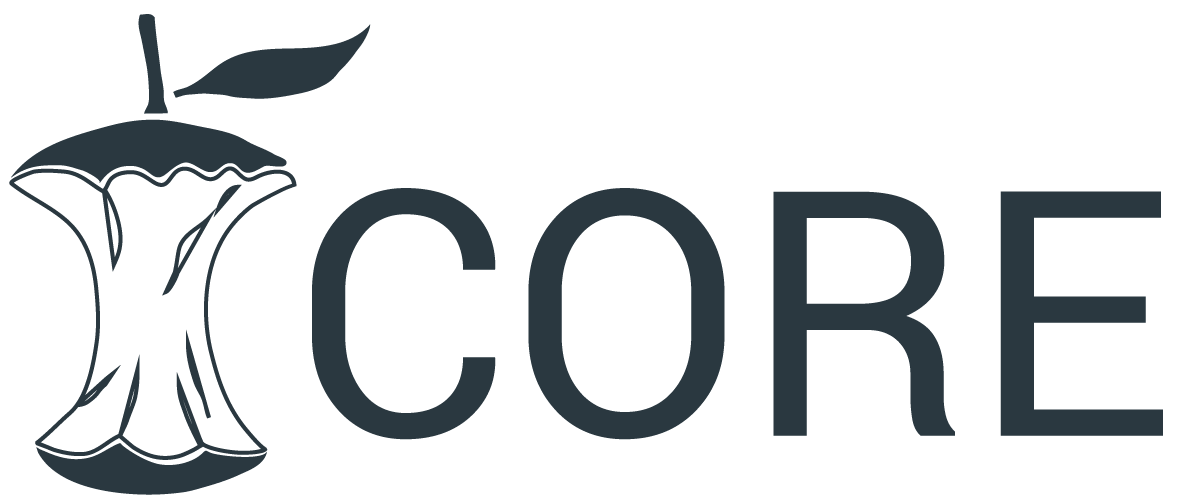
Peer Review Policy
The Human Occupation & Wellbeing Journal employs a rigorous and transparent peer review process to maintain the quality and integrity of the research published. Our review process follows a double-blind system, ensuring impartiality and fairness for all submitted manuscripts.
- Initial Submission
- Authors submit their manuscript through the journal’s online submission system.
- The editorial team reviews the submission for compliance with the journal's scope, formatting guidelines, and ethical standards.
- If the manuscript is deemed suitable for further review, it proceeds to the next stage. If not, the manuscript may be rejected at this stage with feedback.
- Peer Review
- Double-Blind Review: The manuscript undergoes a double-blind peer review process, where both the author(s) and reviewers remain anonymous to each other. This ensures an unbiased evaluation of the manuscript.
- Reviewer Selection: The editorial team selects two to three independent, subject-matter experts from the field of human occupation, well-being, or related disciplines to review the manuscript.
- Review Criteria: Reviewers assess the manuscript based on the following criteria:
- Relevance and originality of the research
- Clarity of research objectives and methodology
- Appropriateness and rigor of the methods used
- Quality of data analysis and interpretation
- Contribution to the field of human occupation and well-being
- Quality of writing and structure
- Linkages to shared humanity, belonging, interconnectedness and community
- Ethical considerations, including informed consent and potential conflicts of interest
- Feedback: Reviewers provide constructive feedback, which may include suggestions for revisions or improvements.
- Decision
After the manuscript is reviewed, the editor will make one of the following decisions based on the reviewers' comments:
- Accept: The manuscript is accepted for publication without further revisions.
- Minor Revision: The manuscript is accepted with minor revisions, and authors are given a set period to address the reviewers' comments.
- Major Revision: The manuscript requires significant revisions. Authors are encouraged to revise the manuscript thoroughly and resubmit it for further review.
- Reject: The manuscript is not accepted for publication, typically due to significant issues in the research design, methodology, or relevance to the journal's scope.
- Revisions and Resubmission
- If revisions are requested, authors are expected to respond to all reviewer comments and revise their manuscript accordingly.
- A revised manuscript should be resubmitted within the given timeline, along with a document explaining how each reviewer comment has been addressed.
- The resubmitted manuscript will be re-evaluated by the same reviewers or, if necessary, by new reviewers.
- Final Decision
- After revisions (if applicable), the editorial team will make a final decision on the manuscript. If accepted, the manuscript will move forward to the publication stage.
- If the manuscript is rejected after revisions, authors may be provided with feedback and suggestions for submitting to other journals.
- Publication
- Once a manuscript is accepted, it is queued for publication in an upcoming issue of the Human Occupation & Wellbeing Journal.
- Authors will be notified about the expected publication date, and the manuscript will undergo final proofreading and formatting before it is published online.
- Post-Publication
- The journal may update the manuscript after publication if corrections or clarifications are required (e.g., errata or retractions).
- Authors are encouraged to promote their published work through academic networks and conferences.
- Ethical Considerations
- The Human Occupation & Wellbeing Journal follows ethical guidelines for publication, ensuring the research is conducted and reported with transparency, integrity, and respect for participants.
- In cases of unethical research practices (e.g., plagiarism, data manipulation), manuscripts may be retracted or rejected at any stage of the review process.









